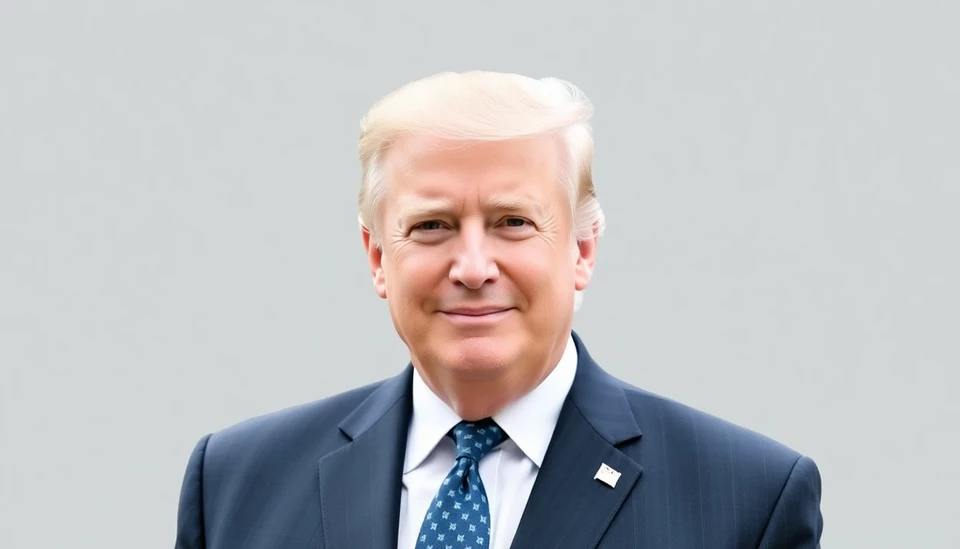
In a striking juxtaposition within the legal landscape, two prominent law firms, Perkins Coie and Paul Weiss, have found themselves on opposing sides of high-stakes political conflicts involving former President Donald Trump. While Perkins Coie has emerged as a steadfast entity fighting intensely against Trump’s legal maneuvers, Paul Weiss has attracted attention for its more accommodating stance, leading to significant reflections on the ethics and impacts of legal representation in today’s politically charged climate.
Perkins Coie, a firm deeply embedded in the fabric of Democratic politics, has made headlines for its aggressive legal strategies aimed at countering Trump's influence, particularly in matters pertaining to election integrity and political accountability. The firm has represented numerous high-profile clients who oppose Trump’s actions and policies, framing its efforts as a defense of democracy and the rule of law. Their legal team has worked meticulously through a plethora of cases, forming a bulwark against what they perceive as threats to democratic principles posed by the former president's behavior and rhetoric.
In stark contrast, Paul Weiss has taken a less confrontational approach, opting instead to navigate the turbulent waters of Trump’s legal challenges with a more conciliatory strategy. As they represent clients with interests that often align with Trump’s, Paul Weiss is at a crossroads, grappling with the implications of their legal choices. This neutral stance raises critical questions about the broader repercussions of representation in politically charged environments and whether law firms should take a stand or maintain distance.
The diverging paths of these two law firms have sparked debate among legal scholars, practitioners, and political analysts. On one side, Perkins Coie’s commitment to fighting Trump has garnered accolades for its bravery and adherence to a moral compass, while also facing criticism for becoming entangled in politically charged litigation. On the other hand, Paul Weiss’s approach is viewed by some as pragmatic, allowing them to serve a wide range of clients, yet it also risks the perception of complicity in the issues that arise from Trump's actions.
This split between Perkins Coie and Paul Weiss illustrates the broader challenges law firms face in a climate where legal representation is often seen through the lens of political allegiance. As the American legal profession grapples with its role in a polarized society, the choices made by these firms reflect deeper ethical dilemmas that challenge the very foundations of legal practice.
As legal battles continue to unfold, the narratives surrounding Perkins Coie and Paul Weiss serve as a microcosm of the complex interplay between law and politics. The implications of their contrasting strategies will undoubtedly influence future cases and the overarching dialogue on legal ethics, representation, and the pursuit of justice in an era defined by intense political divisions.
With the outcome of ongoing legal battles still looming, the narratives of these two law firms provoke critical thought about the future of legal advocacy and the role of lawyers in an increasingly volatile political arena.
#PerkinsCoie #PaulWeiss #Trump #LawFirms #LegalEthics #Politics #Democracy #LegalRepresentation #TrumpLegalChallenges
Author: Victoria Adams




